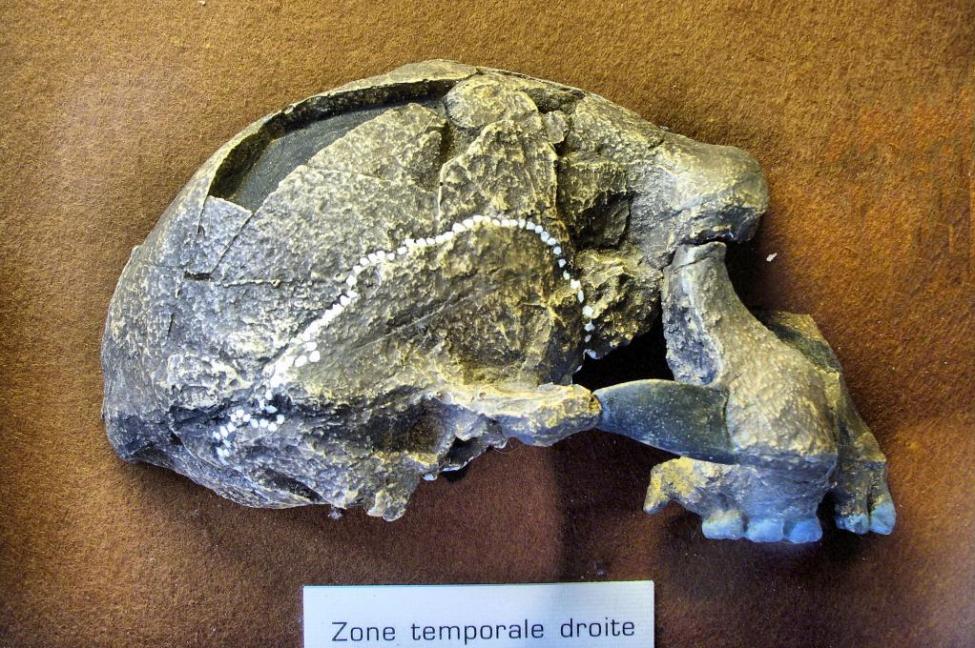Above all the issue that is almost never addressed is that Neandertals had brains that were significantly larger than those of modern people—1.8 liters for Neandertals versus 1.4 for modern people, according to one calculation. This is more than the difference between modern Homo sapiens and late Homo erectus , a species we are happy to regard as barely human. The argument put forward is that although our brains were smaller, they were somehow more efficient. I believe I speak the truth when I observe that nowhere else in human evolution is such an argument made.

So why then, you may well ask, if the Neandertals were so stout and adaptable and cerebrally well endowed, are they no longer with us? One possible (but much disputed) answer is that perhaps they are. Alan Thorne is one of the leading proponents of an alternative theory, known as the multiregional hypothesis, which holds that human evolution has been continuous—that just as australopithecines evolved into Homo habilis and Homo heidelbergensis became over time Homo neanderthalensis, so modernHomo sapiens simply emerged from more ancient Homo forms.Homo erectus is, on this view, not a separate species but just a transitional phase. Thus modern Chinese are descended from ancient Homo erectus forebears in China, modern Europeans from ancient European Homo erectus, and so on. "Except that for me there are no Homo erectus," says Thorne. "I think it's a term which has outlived its usefulness. For me, Homo erectus is simply an earlier part of us. I believe only one species of humans has ever left Africa, and that species is Homo sapiens."












